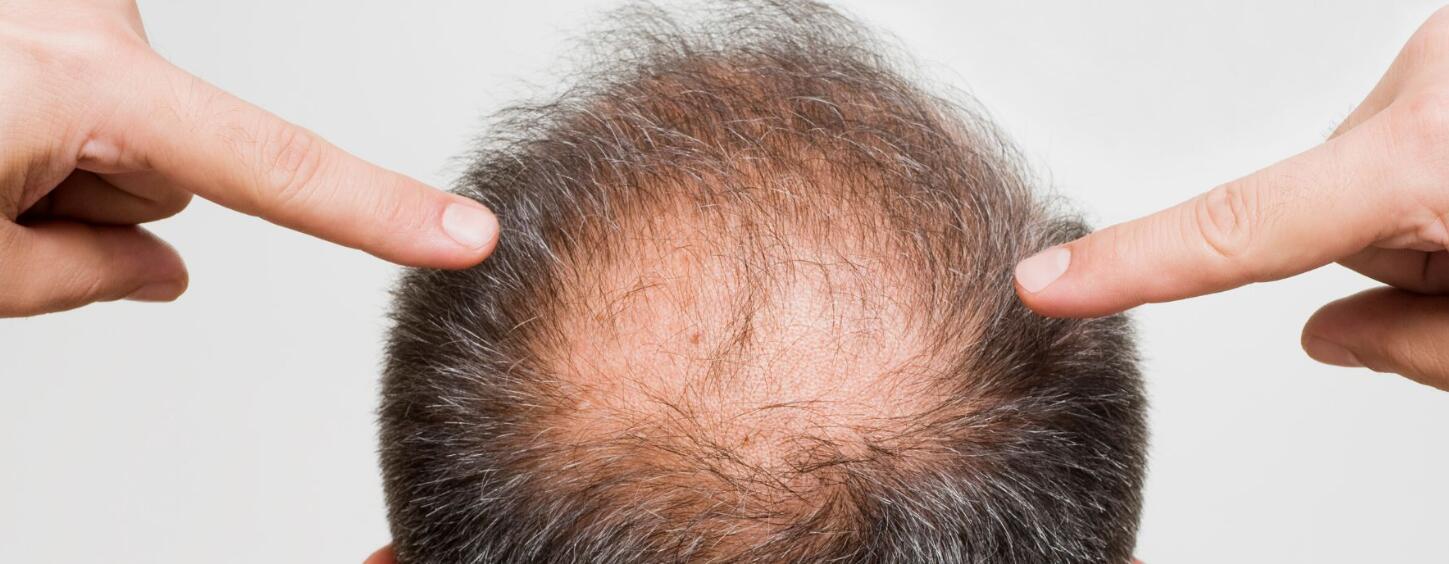Categories
- Blog (65)
Hormones lead to hair loss primarily due to their effects on hair follicles. Androgens, particularly DHT, can bind to hair follicle receptors, causing them to shrink and produce thinner hair over time. This process is known as miniaturization, leading to androgenetic alopecia. Additionally, hormonal imbalances, such as those caused by stress (increased cortisol) or thyroid issues, can disrupt the hair growth cycle, pushing more hair into the shedding phase.

Hormones significantly influence hair loss, primarily through their effects on hair follicles. Here’s a breakdown of key hormones and potential treatment methods:
Impact: Elevated levels can shrink hair follicles, leading to thinner hair and eventual loss. DHT is particularly potent in this regard.
Treatment:
Finasteride: An oral medication that inhibits the conversion of testosterone to DHT.
Minoxidil: A topical treatment that stimulates hair growth.
Impact: Chronic stress increases cortisol levels, which can trigger telogen effluvium, a condition where hair prematurely enters the shedding phase.
Treatment:
Stress management techniques (meditation, exercise).
Nutritional support (vitamins and minerals).
Impact: Both hypothyroidism and hyperthyroidism can cause hair thinning and loss.
Treatment:
Thyroid hormone replacement therapy for hypothyroidism.
Medication to manage hyperthyroidism.
Impact: Fluctuations, especially during pregnancy or menopause, can lead to hair thinning.
Treatment:
Hormone replacement therapy (HRT) may help some women.
Nutritional supplements to support hair health.
Nutritional Support: A balanced diet rich in vitamins (like biotin), minerals (like zinc), and proteins can promote healthy hair growth.
Hair Transplant Surgery: For those with significant hair loss, this surgical option can provide permanent results.
Low-Level Laser Therapy: A non-invasive treatment that may help stimulate hair growth.
Platelet-Rich Plasma (PRP): Involves injecting platelets into the scalp to promote healing and growth.
Understanding the hormonal imbalances that contribute to hair loss is essential for effective treatment. If you have specific concerns or conditions in mind, let me know!